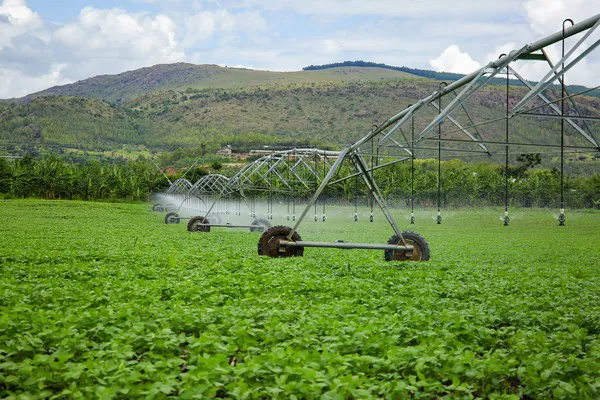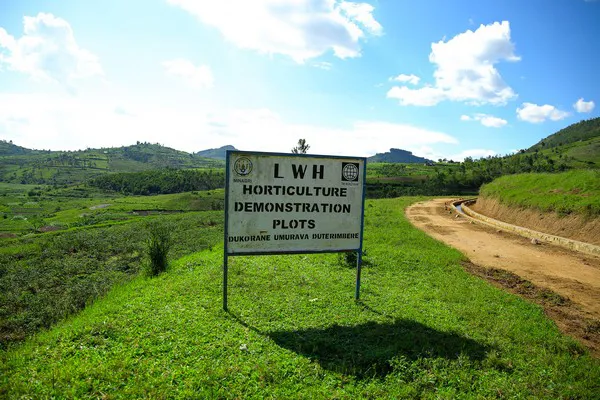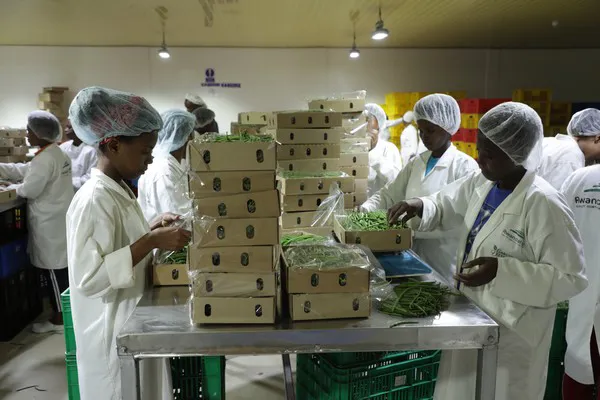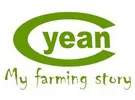In recent years, Rwanda has been working to increase its agricultural production to improve food security and economic development. One way the country has been doing this is by investing in the horticulture sector. Among the cultivation technologies being explored is Hydroponics technology.
Hydroponics is a method of growing plants in a water-based solution without using soil. This type of cultivation can be done using a variety of materials, such as gravel, sand, or even recycled plastic. There are many benefits to hydroponics, including the fact that it requires less water than traditional methods of cultivation. Additionally, hydroponics can be done in a smaller space, making it ideal for countries like Rwanda where land is limited.

The Rwandan government has been working with different partners to train farmers in horticulture and hydroponics cultivation. So far, the results have been promising, with farmers reporting increased yields and improved incomes. On top of that, the government has also been heavily investing in the entirety of the agricultural sector, not just horticulture, with a special focus on opening up export opportunities.
“Most of the horticulture sector here is really focused on producing quality produce for the local, but especially for the international market,” says Etienne Niyigaba, CEO of Youth Engagement in Agriculture Network (YEAN), a company specialized in supporting growers in everything cultivation to meet the quantity and the quality of produces.

Addressing the sector's challenges
But before the sector can be healthy enough to have a competitive advantage, some challenges need to be addressed, continues Etienne. “There are different parts of the agriculture industry that require further support so that the whole can function smoothly,” he continues. “For instance, there’s the challenge that there is still a widespread lack of skilled labor, which is necessary to operate the advanced and modern technology the horti sector needs. On top of that, we’d need more targeted, and higher quality inputs.” This is because, Etienne explains, fertilizers in Rwanda are meant for general use. So, when it comes to horti crops, there is a lack of a customized approach.
A market strategy
A similar customized approach, and an overall improvement of hydroponics cultivation, would also directly positively affect the market, which is another pain point in the Rwanda agri industry.
“70-80% of the population here are farmers, and they all grow the same crops,” Etienne explains. “This means that seasonality dictates the market, with large quantities of the same produce coming from different farmers hitting the market at once. This means that the price goes down significantly, and growers don’t earn as much as they should. With hydroponics cultivation, we could grow different crops year-round, with an actual strategy on how to hit the market so that everyone gets their fair share of profits.” Next to this though, also the storing capacity and infrastructure need to be fine-tuned so that produce shelf life is improved.

On top of overall improving the internal infrastructure, the Rwanda government is especially focused on laying the groundwork to facilitate the export market. “The government has established an agricultural export board that is in charge of everything that is happening in the Rwanda export market,” Etienne says.
Export opportunities can be easily seized when the quality of the produce speaks for itself, and the Rwanda government is putting a lot of effort into this. “They have been setting up a proper infrastructure when it comes to irrigation so that it’s more efficient and there’s less waste since historically our agriculture has mainly been rain-fed,” Etienne points out. “But most importantly, they are committed to training young people to be skilled farmers, technicians, and agronomists, continually emphasizing the importance of the export market.”
For more information:
Youth Engagement in Agriculture Network
+250 788 845 727
info@yeanrwanda.org
yeanagro.org
